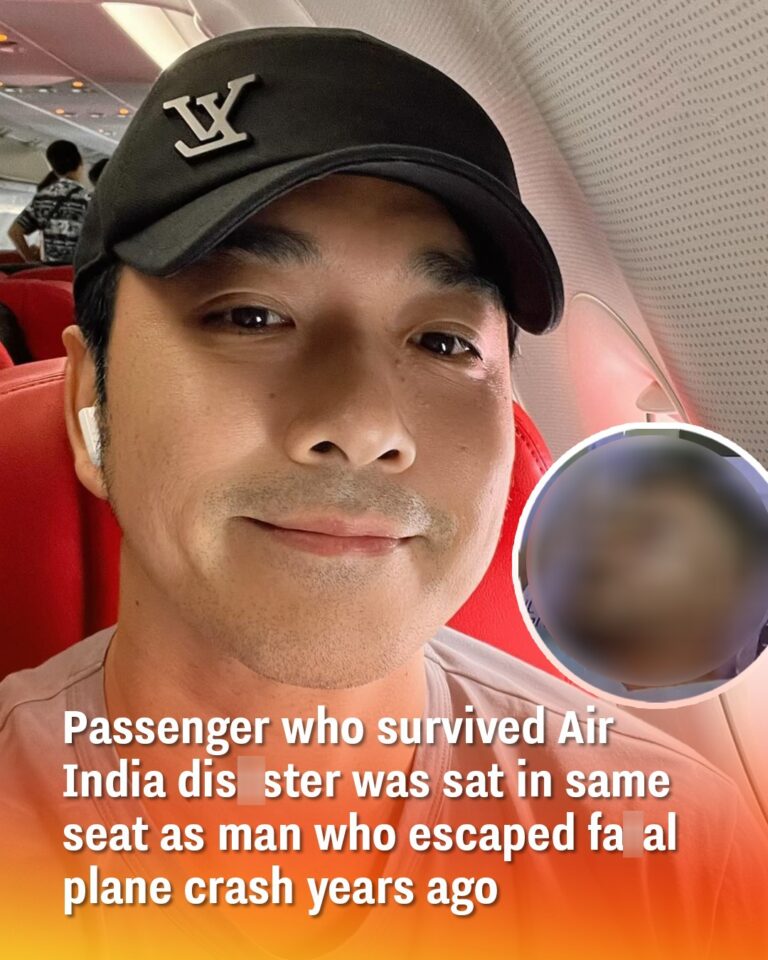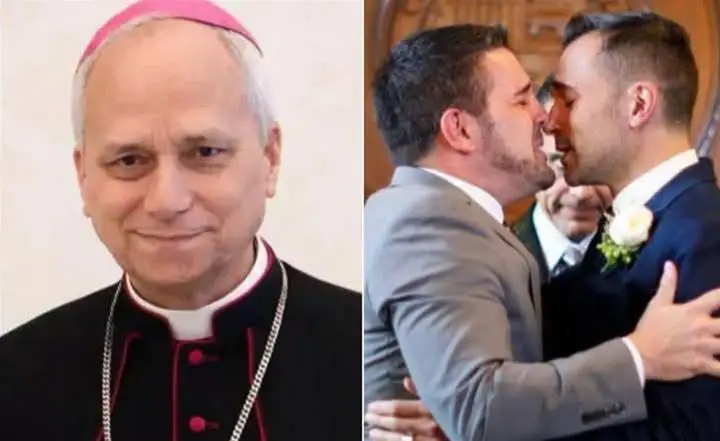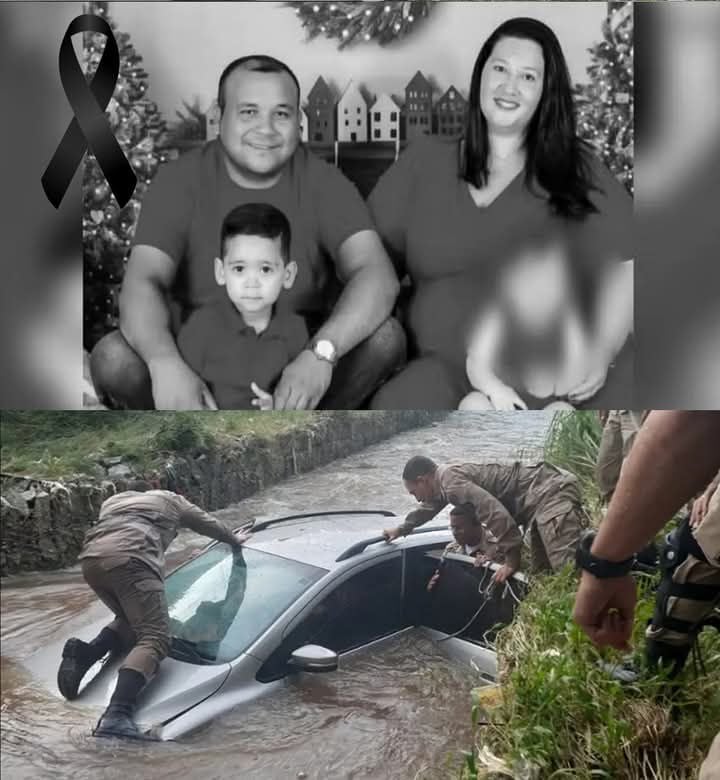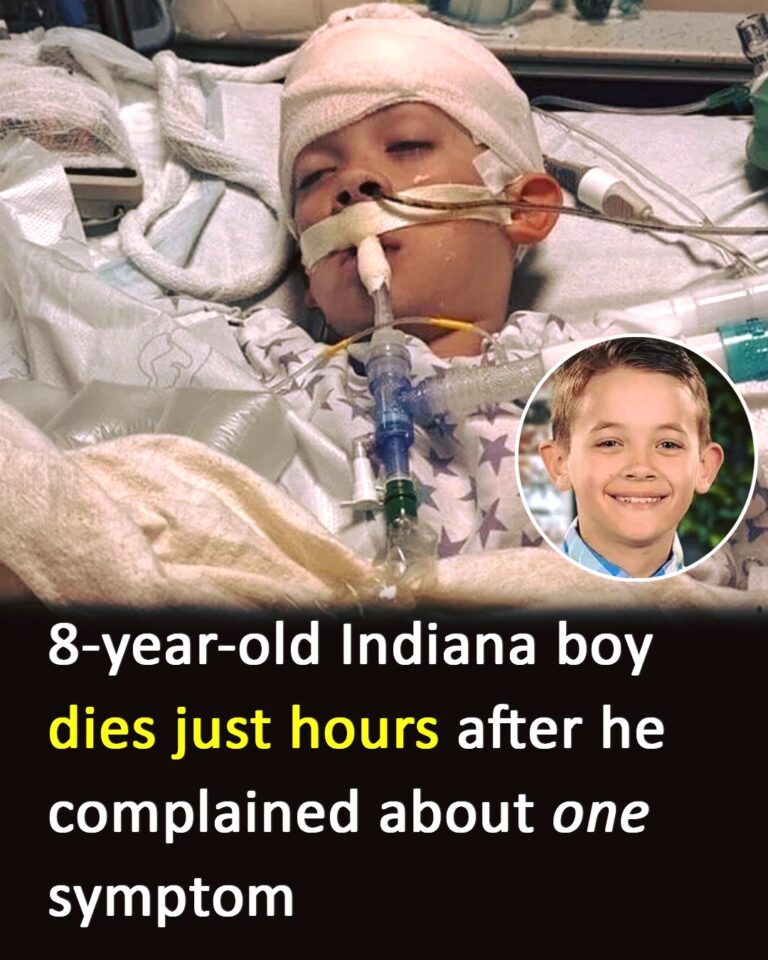British national Vishwash Kumar Ramesh never imagined that a business trip to India would turn into a brush with death—nor that the seat he happened to choose might be part of something far stranger than chance.

On June 12, 2025, Ramesh boarded Air India Flight 918 from Ahmedabad to London, settling into seat 11A, a window seat he had chosen simply out of habit. A seasoned traveler, he had always preferred the left-hand side of the plane. As the Boeing 787-8 Dreamliner taxied down the runway, there was nothing out of the ordinary—until, moments after takeoff, everything unraveled.
British national Vishwash Kumar Ramesh never imagined that a business trip to India would turn into a brush with death—nor that the seat he happened to choose might be part of something far stranger than chance.
On June 12, 2025, Ramesh boarded Air India Flight 918 from Ahmedabad to London, settling into seat 11A, a window seat he had chosen simply out of habit. A seasoned traveler, he had always preferred the left-hand side of the plane. As the Boeing 787-8 Dreamliner taxied down the runway, there was nothing out of the ordinary—until, moments after takeoff, everything unraveled.
A sharp metallic bang echoed through the fuselage. At first, Ramesh thought it was turbulence. Then the lights flickered. Oxygen masks dropped. The cabin tilted. People screamed. In less than ninety seconds, the aircraft lost altitude, clipped a communication tower near the airport, and came crashing down in an open field just outside the city.
Amid burning metal and smoke, Ramesh found himself one of the few conscious survivors. Dazed and bleeding from a head wound, he crawled toward the emergency exit, helped by a flight attendant who would later succumb to her injuries. He stumbled onto scorched earth, breathing in smoke and the sickening stench of jet fuel. All around him were cries, sirens, and silence—the kind of silence that comes after lives are erased in an instant.
Of the 267 passengers and crew onboard, only 26 survived. Ramesh was one of them. But what stunned investigators—and eventually captured international attention—was not just his escape. It was the seat he had been in: 11A.
The same seat had been occupied by Thai pop star Ruangsak Loychusak during a Bangkok Airways flight in 1998 that crashed en route to Surat Thani. Loychusak was also one of the few survivors of that incident, escaping from seat 11A after the aircraft skidded off the runway and burst into flames. For years, he had suffered from post-traumatic stress disorder, haunted by memories of the crash, even as he continued his career in the spotlight.
When Loychusak heard about the Ahmedabad crash and the eerie coincidence involving the seat number, he publicly expressed condolences and later reached out to Ramesh privately. The two spoke over video chat just days after the tragedy. “I don’t know why we both lived,” Ramesh told him. “But maybe this is more than luck. Maybe we carry something from those who didn’t.”
Ramesh’s brother, Ajay, was also on board but did not survive. The two had been seated on opposite sides of the cabin—Ramesh by the window, Ajay just one row behind in the middle aisle. Ramesh still struggles to recall how he was pulled from the wreckage while Ajay perished.
The coincidence raised eyebrows even among aviation experts. Investigators dismissed any scientific connection between seat numbers and survival rates, but even they admitted the odds were extraordinary. “It’s not the seat,” one aviation analyst said on a news program. “It’s the circumstance. But it’s hard not to feel the weight of that pattern.”
For Ramesh, the survival wasn’t relief—it was responsibility. After returning to London, he began attending trauma therapy and set up a memorial fund in his brother’s name to support families affected by air disasters. He also joined aviation safety advocacy groups and began speaking publicly about grief, fate, and recovery.
The haunting twist of fate—two men, two crashes, decades apart, both in seat 11A—continues to make headlines, not because of superstition, but because it challenges how we think about coincidence and meaning. Ramesh himself remains pragmatic, but reflective.
“I don’t think the seat saved me,” he said in an interview with Horizonpress. “I think survival is a kind of assignment. A weight you carry. The question isn’t why you lived. It’s what you do with that life afterward.”
He still refuses to book seat 11A when flying. Not out of fear, he says—but out of respect. “That seat isn’t lucky,” he explains. “It’s sacred. It carries stories now—stories of endings and second chances.”
The investigation into the crash is ongoing. Preliminary reports suggest a catastrophic failure in the left engine, likely due to maintenance lapses. But full conclusions may take months. Meanwhile, Ramesh continues his recovery, still shaken, still searching for answers—but alive.
And seat 11A? It’s become more than a seat. It’s a reminder. That survival is not just a miracle. It’s a responsibility.


